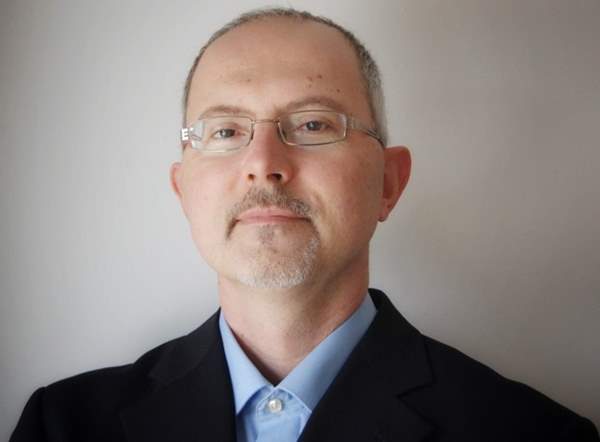
Perpetual Peace in Europe: Back to the Future?

Alma Mater Europaea – Institutum Studiorum Humanitatis will hold a round table Perpetual Peace in Europe: Back to the Future? at the 11th Annual Conference of Europe's Sciences and Arts Leaders and Scholars, It's About People 2023, in cooperation with the Science and Research Centre Koper.
»There must be hope for the peaceful resolution of political, social, and environmental conflicts among the world states. Future peace should be defined not only as an absence of war or collective non-violence but also as a process of imagining of new forms of living together as nations and democraties,« emphasizes Professor Lenart Škof, the Dean of Alma Mater Europaea – Institutum Studiorum Humanitatis.
Russia’s brutal invasion of Ukraine has brought war, extreme violence, and destruction back to Europe. In these most hard times for the Ukranians, it is extremely difficult to promote the thinking of peace for humanity. Yet, does this mean that the Kantian telos of a perpetual peace in Europe - defined more than 225 years ago - must now be abandoned? If not, how can it possibly be revived and reformulated so that it can encompass not only the so-called “democratic peace”, but also the peaceful resolution of social, environmental and other political conflicts among all states regardless of their internal political system? How should peace then conceptually be defined: as simple absence of war; as collective non-violence; as peace of the brave; as utopia; as conflict resolution process; as pure spiritual experience; or only as periods of truce or ceasefire between phases of unleashed violence?
The panel's objective, which will take place on March 16, 2023, at 3.00 PM (CET), is to outline some ways out of the current deadlock and to imagine new forms of living together as nations and democraties in the Future.
Participants in the discussion:
Lenart Škof, Dean, AMEU – ISH; Christophe Wasinski, Lecturer, Université Libre de Bruxelles; Ryoa Chung, Professor, Department of Philosophy, Université de Montréal; Eduardo Mendieta, Professor, Penn State University; Klaus-Gerd Giesen, Professor, Université Clermont Auvergne; Nyathmar de Olivieira, Pontifical Catholic University at Porto Alegre; Gašper Pirc, Researcher, Alma Mater Europaea - ISH, ZRS Koper; Cirila Toplak, Professor, Faculty of Social Sciences, University of Ljubljana; Thomas Hippler, Professor, University of Normandy
